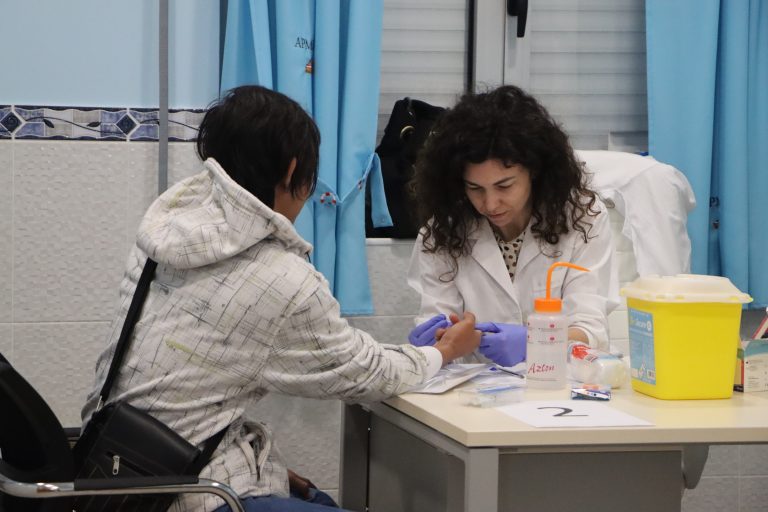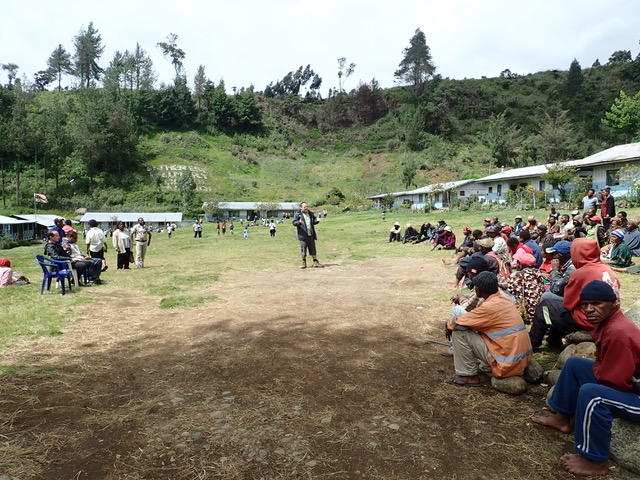Episode 1: Magellan’s spicy motives, or, circum-navigation as a consequence

The purpose of the voyage, we know today, was not the one that made it famous, that is, the circumnavigation of the globe. Such was a notorious consequence of a voyage meant to reach a less notorious goal: to open for Spain a maritime route into the distant, desired, and lucrative spices of the Moluccas.


